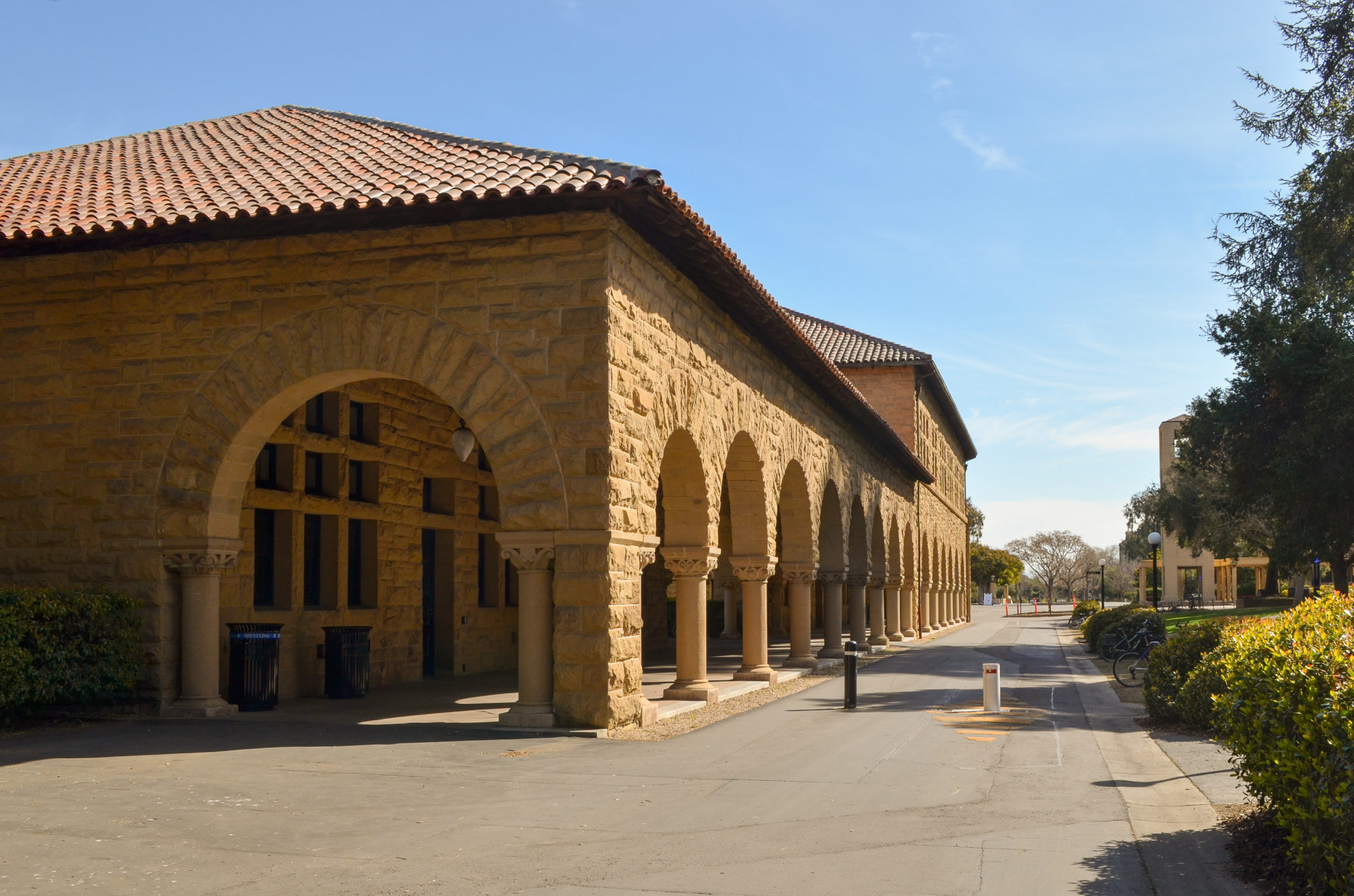Graduate School of Education (GSE) professor emeritus Linda Darling-Hammond received the Yidan Prize for Education Research for her contributions to education policy and teacher education at the Sept. 28 Stanford Accelerator for Learning summit.
Darling-Hammond will receive a total of $3.9 million with the prize — half to fund her research on teacher education and the other half in cash. She is one of six Yidan Prize laureates who are affiliated with Stanford out of 13 total recipients .
Darling-Hammond’s interest in education research stems from her experience as a high school teacher, when she became increasingly aware of systemic issues related to low funding and suboptimal teacher training.
“It was clear to me that we could design schools in better ways and train teachers and get more resources to schools, some of which is happening now,” Darling-Hammond said.
She founded the Learning Policy Institute (LPI) in 2015. LPI is a nonprofit and nonpartisan organization that combines the work of researchers, policymakers and educators to bridge the gap between education research and implementation through policies.
Darling-Hammond is also president and CEO of the Educator Preparation Laboratory (EdPrepLab), an initiative that focuses on training educators to be cognizant of both academic and emotional learning in classroom settings. EdPrepLab collaborates with teacher education programs that hope to use knowledge from research to set standards for licensing and accreditation.
“We think a lot about how do you get the knowledge base and the research base accessible to teachers so that they can really use it in production?” Darling-Hammond said.
GSE Dean Dan Schwartz commended Darling-Hammond on receiving the prize, praising her work not only as a researcher but also as a professor who played an important role in launching the Stanford Center for Opportunity Policy in Education.
Former student Haydee Rodriguez M.A. ’02 echoed Darling-Hammond’s influence as a teacher. “I think there are so many students who are sitting in classrooms in California and in the US whose lives she’s touching somehow,” Rodriguez said.
Schwartz said Darling-Hammond was actively involved with redesigning the Stanford Teacher Education Program (STEP), a yearlong GSE program that invites teacher candidates to take academic coursework while working in California public schools for field experience.
Rodriguez recalled her experience as a former student of Darling-Hammond, speaking fondly of the mentorship she has received since. “I arrived at STEP in 2001, and she taught adolescent development and a few other other courses,” she said. “I really appreciated how Linda views teaching as a profession. She gives it the respect that it deserves.”
Schwartz said this respect was present across Darling-Hammond’s work in education. “She really is remarkable in that she had a very strong vision of what made a great teacher, and it was based on how children learn,” Schwartz said. “And she brought that forth in her research, her design of teacher education, and her advocacy for policy positions.”
Schwartz was part of the nomination and recommendation processes for the Yidan Foundation, which, according to their website, involves sending two to five recommendation letters to a judging committee of recognized experts in education research and development.
“Linda was a prolific summarizer, reader and writer. And I think, on the research part, she communicated the most important ideas broadly to teachers, to policymakers, to school district leaders, and so, you know, she just was a superb communicator,” Schwartz said.
As she shared her vision for education policy to The Daily, Darling-Hammond underscored the importance of equity and meaningful learning — “the kind of learning that is authentic, that is something you’re going to use throughout life, that is engaging, that allows students to make the knowledge their own and then apply it in new situations.”
“The way we get to meaningful learning requires changes in the way we do testing, which right now is typically pointed at lower level skills, the way in which we organize curriculum and the way in which we train teachers,” Darling-Hammond said.
Rodriguez currently works alongside Darling-Hammond on the California State Board of Education. She described Darling-Hammond’s efforts to set teacher education and assessment standards as inspirational and praised her work in implementing the California Teacher Performance Assessment to collect tangible data about teacher readiness.
“What I’ve learned through my work with the National Board with Linda, is that the performance assessments are the most respectful thing that we can have in this profession, because we’re demonstrating that we have the pedagogy, that we have the content and that we can manifest it in a classroom,” Rodriguez said.
Darling-Hammond said she looks forward to investing her newly acquired project funds into propagating EdPrepLab’s work.
The professor said EdPrepLab intends to expand internationally. “To prepare teachers, we’ll be doing a deeper research, looking at how engaging in the kind of preparation for teachers to be culturally responsive and equity oriented, can play out both in the programs and in the classroom,” she said.
